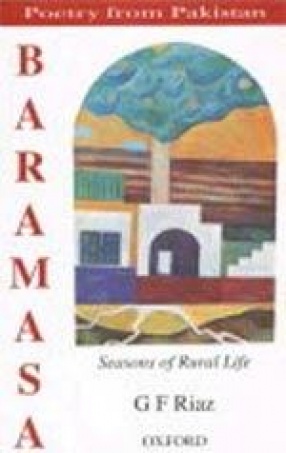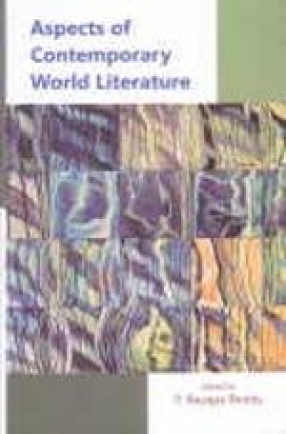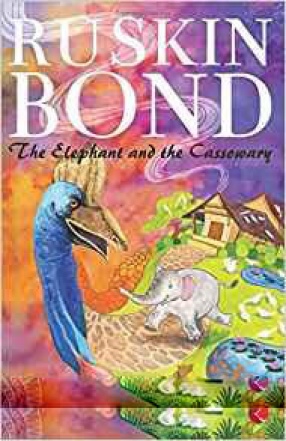The Baramasa, is divided into sections which have been assigned the ancient names of the months. It is intrinsically rooted in a real Pubjabscape. There are no `niceties’ of an idyllic countryside here; only life as it is lived by hardened people battling for survival. Preceded by a prologue which begins the exodus from Lahore, the poems lead to a landscape as old as man himself. The journey starts midyear when the extravagant colours of spring are being rapidly displaced by a searing heart. The rivers bring only the silt of memories and it is only the land that lives on. This is the theme to which Riaz persistently returns in an alternating rhythm of order and chaos; of halcyon days and violent nights; of brutal passion and the infantile yearnings of adolescent brides. In this earlier work, Riaz had placed himself at the same mid-life mark with which he begins his latest work. In the years that separate shade in Passing and Baramasa, Riaz has transformed himself; writing now with a deceptive simplicity, not unlike the language used by ordinary people. This `new’ language, however, still carries traces of the linguistic alchemy of his earlier work. This book is a glorious paean to the remarkable resilience of the Punjabi peasant. The work is neither a passive nor abstract; nor does it bear the cerebral scars of loss so visible in Shade in Passing or the weighty sadness of phantoms living diminished lives in Escaping Twenty Shadows. The painstaking journey from the cacophony of city sounds to the relative silence of the countryside permits the rapid metamorphosis of the poet into the `insider’; viewing with distrust the alienation imposed upon him by physical and intellectual distances.
Baramasa: Seasons of Rural Life
In stock
Free & Quick Delivery Worldwide
Bibliographic information
Title
Baramasa: Seasons of Rural Life
Author
Edition
1st ed.
Publisher
Length
xix+112p., 23cm.
Subjects





There are no reviews yet.